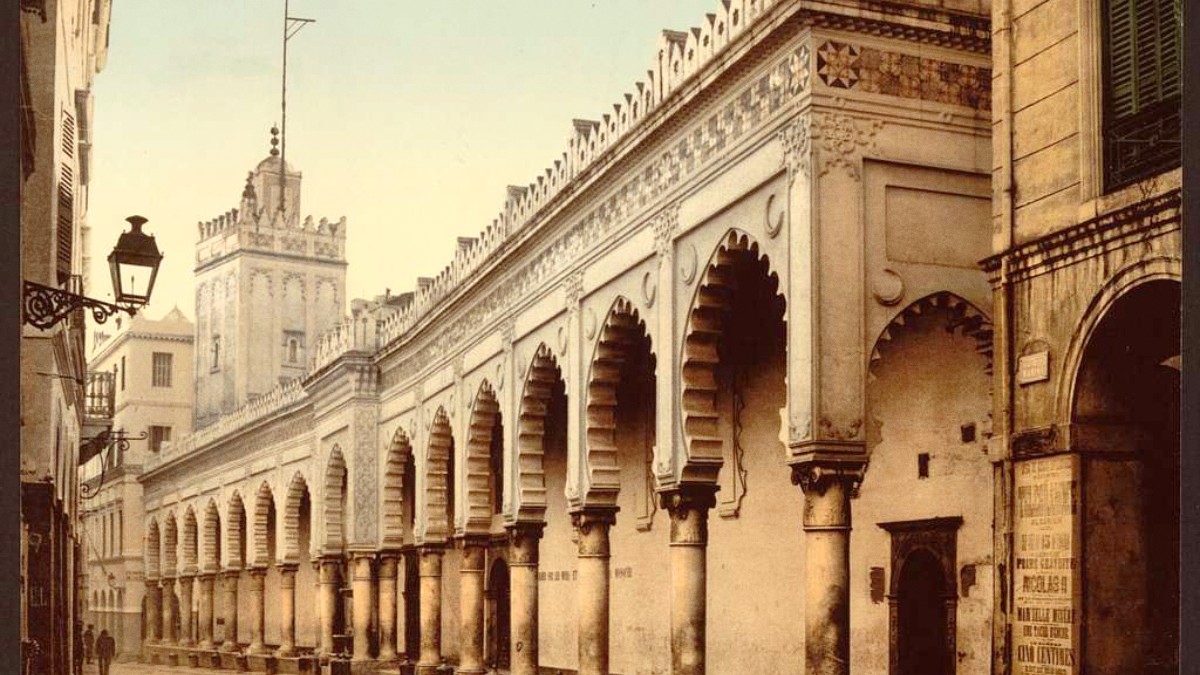
Algeria
This is the main international airport serving Algiers. It lies approximately 17 km (10.5 miles) southeast of the city center. The airport is modern and handles the vast majority of international and domestic flights. Its amenities include duty-free shops, cafes, restaurants, currency exchange offices, and ATMs.
Flight prices generally rise during peak tourist seasons, specifically Spring (April-May) and Autumn (September-October). Prices also increase significantly during Algerian national holidays and local summer vacation periods (June-August). Booking your flights several months in advance is advisable.
Official taxis outside terminals. Agree on fare beforehand. Fares to city center: 1,000-2,000 DZD.
ETUSA buses connect airport to city center (e.g., Place Audin). Economical option.
Algiers Metro has an airport extension. Fast, efficient, affordable to city metro network.
Reconfirm your flight status 24 hours before departure for any schedule changes. Allow extra time for travel to the airport, considering Algiers' traffic.
For international flights departing from Houari Boumediene Airport (ALG), arrive at least 2-3 hours before your scheduled departure. This allows time for check-in and security.
ALG Airport offers duty-free shops, cafes, restaurants, and lounges for departing passengers.
SNTF (Société Nationale des Transports Ferroviaires) operates intercity train services from Algiers to other major Algerian cities. These include Oran to the west, and Constantine and Annaba to the east. The main train station in Algiers is Gare d'Alger, also known as Agha station. Train services are generally reliable and offer a more comfortable experience compared to long-distance buses. They are a good option for intercity travel within Algeria.
Several private bus companies operate intercity routes from Algiers to other cities across the country. Bus travel is typically cheaper than trains but can be slower and less comfortable. Major bus stations often are on the outskirts of the city. Ask your accommodation for directions to the appropriate station for your destination.
An International Driving Permit (IDP) is necessary in addition to your national driving license if you plan to drive in Algeria. Driving in Algiers can be challenging. Expect heavy traffic, often aggressive driving styles, and unfamiliar road signs. Road conditions vary throughout the country.
Road conditions range from good on main highways to poor on some secondary roads. Traffic accidents are relatively common; drive defensively. You may encounter security checkpoints on routes outside major cities. Cooperate fully with authorities at these checkpoints. Self-driving is not recommended for first-time visitors to Algeria or those who are uncomfortable with challenging driving conditions.
Algiers has a major port that serves passenger ferries from several European cities. Algerie Ferries is the main operator, offering services to and from Marseille (France), Alicante and Barcelona (Spain), and Naples (Italy). These ferries offer an alternative to air travel, allowing you to bring a vehicle if desired.
Standard customs and immigration procedures apply upon disembarkation from ferries or cruise ships. You will present your passport and visa to immigration officers. The process sometimes takes longer than at airports due to varying passenger volumes and processing methods. Be patient.
Taxis are readily available outside the port area for transport to your accommodation.
Various public transport options are accessible from the port area for city navigation.
Algiers occasionally serves as a port of call for international cruise ships.
Typically, no separate exit fees or taxes exist for air travel from Algeria. These are usually part of your airfare when you purchase your ticket. For international flights departing from Houari Boumediene Airport (ALG), arrive at least 2-3 hours before your scheduled departure time.
Houari Boumediene Airport offers various facilities for departing passengers. These include cafes, restaurants, duty-free shops for last-minute purchases, and lounges. Train and bus stations generally offer more basic amenities, mainly waiting areas and some small kiosks for refreshments.
Algiers' main airport (ALG) connects globally. Book ahead for best prices, especially during peak seasons. Options for transfer include taxis, buses, and metro.
Train services (SNTF) and long-distance buses offer intercity transport. Self-driving is challenging due to traffic; an IDP is necessary if you choose this option.
Ferries connect Algiers to European cities. Standard immigration procedures apply at seaports. The port's central location helps land transportation access.
Arrive early, know your terminal, and have all documents ready. Enjoy your final moments in Algiers.